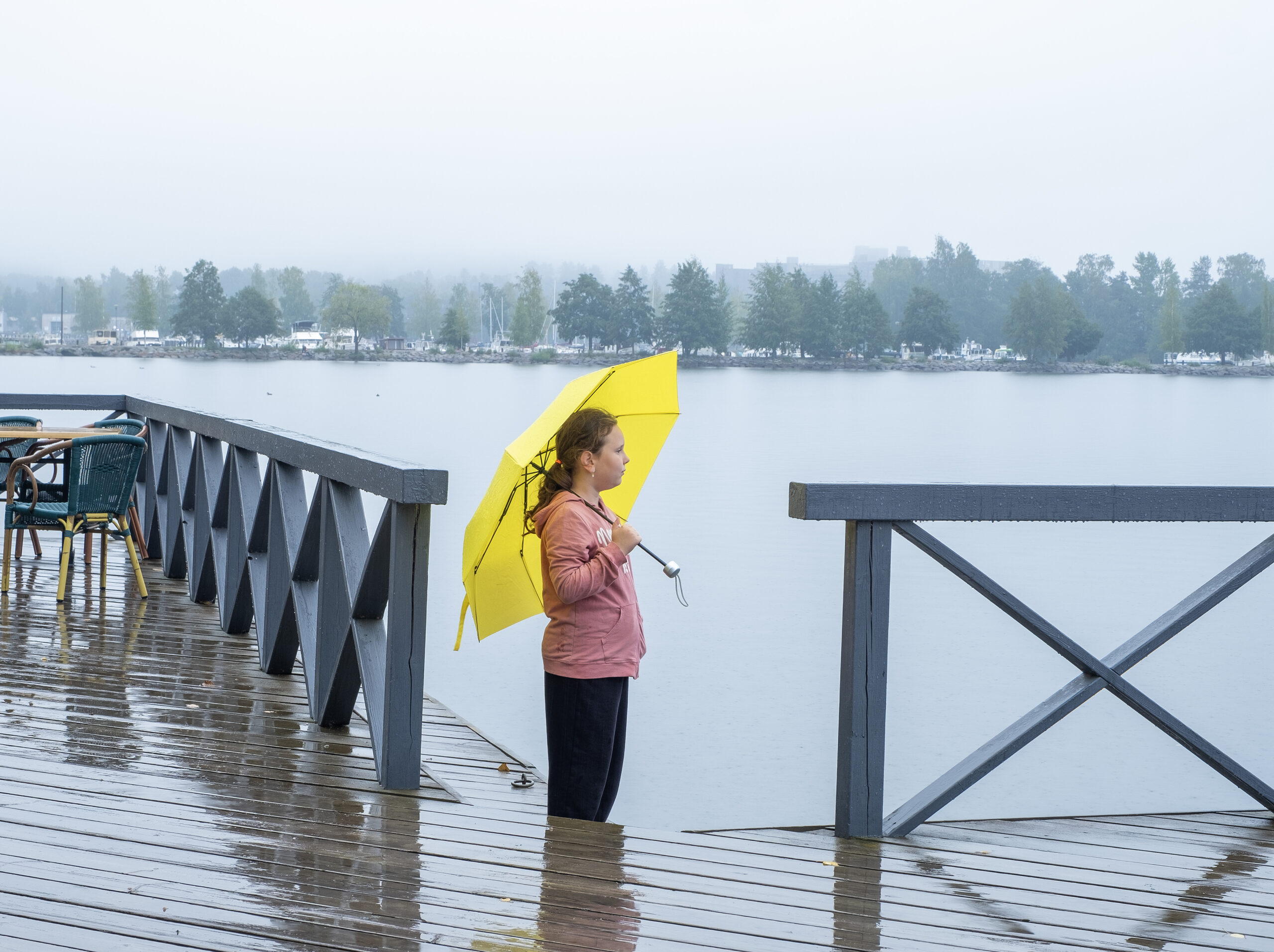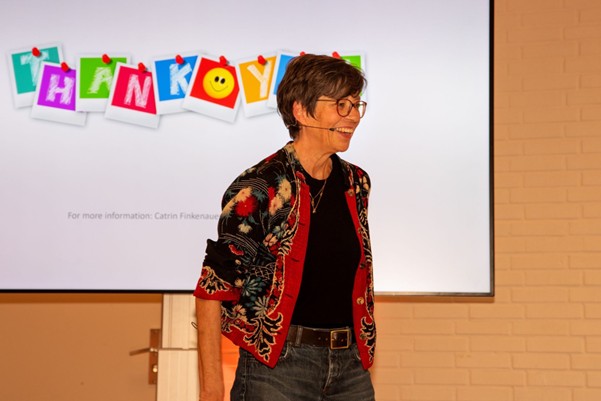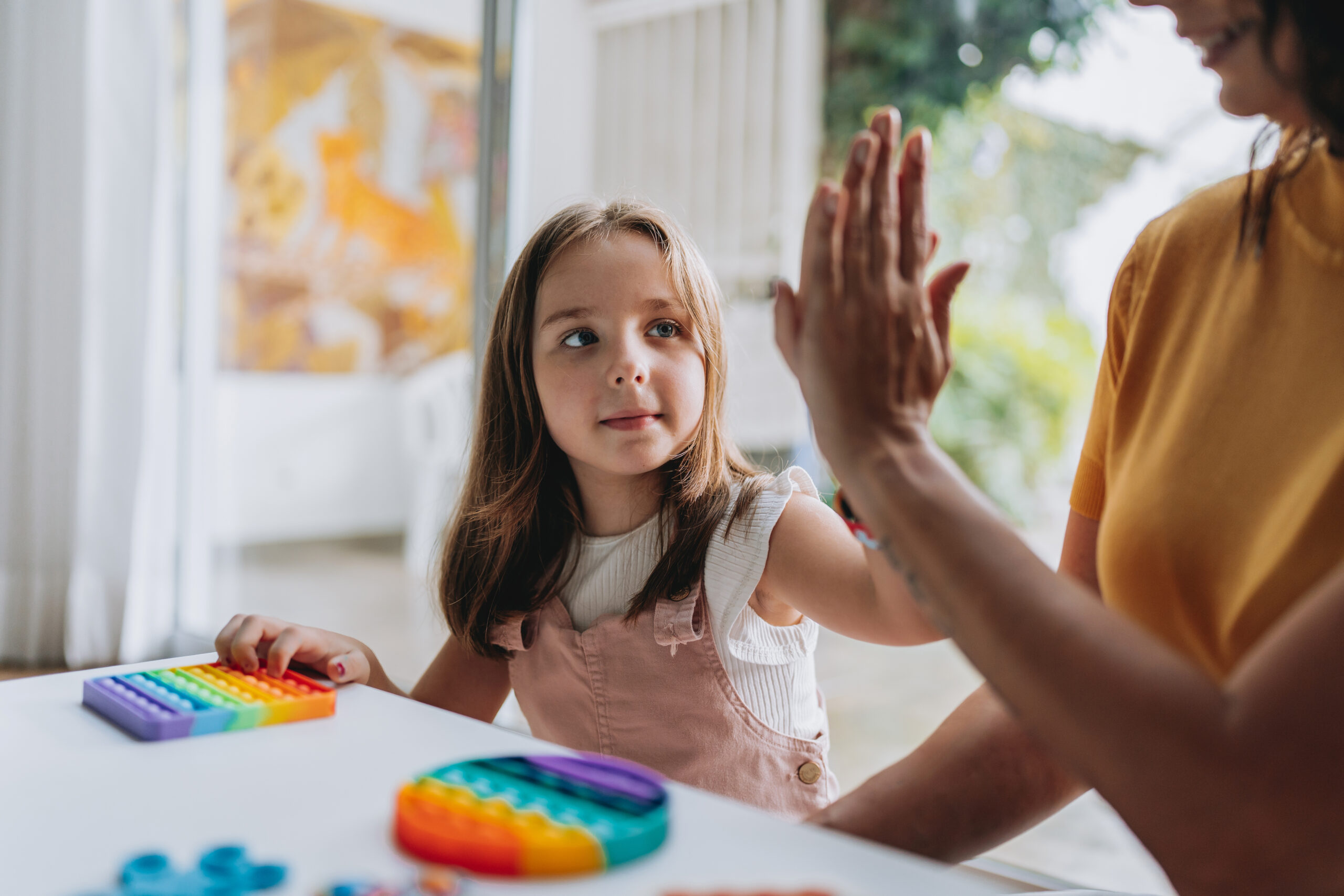
Children and young people are growing up in a world full of challenges – from climate change and increasing inequality to housing shortages, social tensions and pressure to perform. More and more adolescents feel that they cannot meet all the demands that modern life places on them. As a result, their potential remains untapped, even though their strength and perspective are desperately needed for a future-proof society. How do we ensure that young people remain mentally and socially resilient? And how do we better prepare them for a world full of uncertainty and change?
We discussed these questions with expert Prof. Catrin Finkenauer of Utrecht University, Scientific Director of the university-wide Strategic Theme Dynamics of Youth and theme coordinator of theme one of the Social Sciences sectorplan: Resilience in youth.
Why young people are concerned
Although the mental health of young people is currently receiving a lot of attention, it is unclear whether young people suffer more from mental health problems than they did twenty years ago: “…awareness of mental health problems may contribute to more people thinking that they also suffer from these problems. What we do see clearly,‘ Finkenauer continues, ’is that young people are affected by everything that is going on in the world right now. They tell us that they are sometimes afraid of the future – afraid that climate problems, war or artificial intelligence will determine their lives.”
Finkenauer uses a concrete example to illustrate why it is so important that we look beyond the individual, namely school dropout rates in secondary vocational education, a social problem with major consequences: “At the beginning of the COVID pandemic, we investigated why students drop out. What turned out to be the most important predictor? Trust in institutions. Young people who dropped out had no confidence in the school. This means that they felt they were being treated unfairly and found procedures unclear. They sometimes even wondered why they had to get a diploma at all.”
Various scientific studies show that young people with a lower socioeconomic status are often treated worse. In the study from the example, young people from less privileged families in particular had little trust in the school. According to Finkenauer, it is up to the school to regain that trust: ‘…the living environment – sometimes that is where the problem lies and where the responsibility for the solution lies.’

‘Solutions are not universal’
Finkenauer further refines her vision: ‘To really get a grip on these complex questions, we use a life course and a systems approach. We recognise the influence of early experiences and history, as well as the context and current environment, on development. We also take a global and inclusive perspective to prevent Western values and practices from dominating our results.’
She gives an example: “Western cultures emphasise secure attachment to one parent or caregiver, often the mother, while studies from East Asian and African communities show that children with multiple caregivers – grandmothers, sisters, brothers – also develop strong feelings of security and love. ‘In order to gain a better understanding and find new solutions, it is important that we include all these perspectives in our research. In addition, we must recognise that when an intervention or programme works in the Bijlmer, it does not necessarily work in Rotterdam-Zuid. Solutions are not universal, but often context-dependent. That is what makes social issues interesting and complex.’
Resilience: the key to a healthy society
‘We do believe that all these contexts benefit from resilience: learning to cope well with stress and setbacks.’ According to Finkenauer, it is the key to a healthy and safe society: ‘…resilience makes us future-proof. It helps people to keep moving, to keep contributing to the world.’
Resilience is not a simple trick, but the result of a complex interplay of factors, including genetic predisposition, upbringing, friendships, school environments, cultural norms and even laws and regulations. The interplay of all these building blocks of resilience influences how resilient a child is. ‘…if we want to understand the resilience of young people, we should not focus too much on one young person; the pressure they are currently experiencing in a world full of challenges, cultural norms, the school environment, sometimes that is where the solution lies.’
Resilience cannot be built within a single scientific discipline or sector. Only through collaboration between scientific disciplines (psychology, pedagogy, sociology, history, etc.) – together with policymakers and social partners – can we increase our understanding of how resilience can be built and strengthened. ‘That is why I am so pleased with the Social Sciences sectorplan,’ says Finkenauer. ‘Thanks to the sectorplan, we can collaborate more intensively with other universities and disciplines. The positive effects should not be underestimated. It puts the theme high on the agenda, including at ministries.’

Sectorplan helps to find truly innovative solutions
Theme one of the Social Sciences sectorplan is “Resilience in Youth”. The sector plan brings together researchers from Erasmus University, Radboud University, the University of Groningen, Leiden University, Utrecht University and VU University Amsterdam to learn from each other, innovate and think ahead.
Finkenauer: “…the unforeseen positive effects of the sectorplan are enormous. I now meet with deans at least twice a year, talk to many experts from other universities, we organise events together and learn from each other, including from the coordinators of the other themes. Wherever I am, including at ministries, I can always put the theme high on the agenda. This ensures that more and more policymakers, researchers and professionals are paying attention to it. We hope that these resources will become structural in nature, so that we can continue to develop innovative solutions to youth problems.”
Strong social relationships: the proven foundation for resilience
After a nuanced and thoughtful first part of the conversation, Finkenauer takes a stand: “…the most important and robust insight from the social sciences is undeniable: the enormous influence of social relationships on our lives. The quality of our relationships has a major impact on health, success, life satisfaction and resilience. One or a few relationships in which a child or young person feels accepted and seen is invaluable.”
Around ten percent of young people feel lonely (Trimbos, 2023). This is partly inherent to this stage of life; the feeling of being on your own. According to Finkenauer, we still need to pay a lot of attention to this challenge: how can we involve lonely young people in the larger group of young people who do not feel lonely? ‘The feeling of really belonging is a foundation for resilience.’

What can you do now? Listening helps
Finkenauer recently gave a workshop on transdisciplinary working to climate researchers. When it came to communication between scientists and social partners, they came to the following insight: we should not immediately start talking about what we do, but first make it clear why we do it.
During the conversation, Finkenauer made it clear why it is so important that we work on the future-proofing of young people. They are the future. ‘Ultimately, our research and interventions prevent long-term dependence on care or social security.’ For example, a study from the United States showed that an intervention that reduces mental health problems in adolescents would save 52 billion dollars within ten years, mainly through higher labour participation. ‘The social sciences and humanities play a key role in this: they provide the insights needed to make policy effective, so that we don’t only intervene when problems are already big and costly.’
What can you, the reader, do now? Finkenauer: ‘We are busy trying to understand how resilience works. But one thing is certain for readers who are wondering what they can do: go to a child or young person and ask how they are doing. Put your phone away and really listen to what they have to say. It may sound insignificant, but it helps, it helps enormously.’
More information about the work and activities of Dynamics of Youth can be found here.
